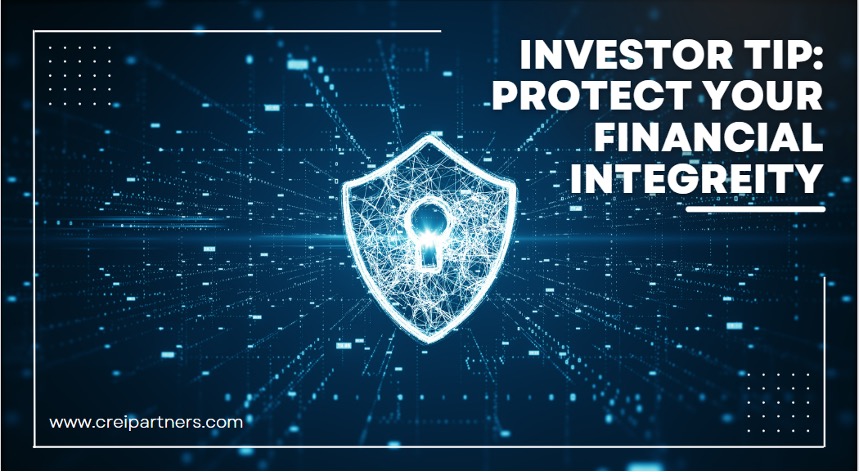4 Main Types of Identity Theft Scams
- They want your usernames and passwords. To obtain them, cyber-criminals will often deploy keystroke logging software through instant messaging, email, and freeware to capture this data exactly what they need to ruin your day.
- You’ve probably heard of “phishing.” This is a widely known tactic that has become very popular because so many people blindly fall for it. Phishing is the fraudulent practice of sending emails purporting to be from reputable companies to induce individuals to reveal personal information, such as passwords and credit card numbers.
- Another low-tech, but very effective method is good “dumpster diving”. The good old-fashioned way of finding documents that contain your private financial records.
- Lastly, the “evil twin” hotspot trend has gained traction among cybercriminals. This is a Wi-Fi connection setup in a public place, like a cafe, with a name that leads you to believe it was provided by someone trustworthy, like the cafe owner. The evil twin Wi-Fi hotspot really connects you to the Internet, just like a legit connection. The difference is, the evil twin is provided by a hacker, who uses specialized software to eavesdrop on the information you’re sending out — like your bank password or Social Security number — or to direct you to a malicious website like those described above.
9 Recommendations for Protecting Yourself From Identity Theft
-
Use Strong Passwords and PINs and Keep Them Secret
You should never store your password on your computer. If you need to, write them down and store them in a secure, private, location. Remember, when setting up a password use symbols, numbers, and letters that would make it harder for a thief to use keystroke Software. -
Maintain Your Computer Security
Be vigilant about maintaining your computer firewalls and security software packages with anti-virus, anti-spam, and spyware detection features. Never make financial transactions without first checking that these safeguards are active and performing well. -
Use Your Own Computer
As a general rule of thumb, it is safer to access your brokerage account from your own computer or device. Avoid using public computers to access your brokerage account. -
Be Prudent When Using Wireless Connections
Avoid accessing sensitive information, like banking or logging into accounts that hold private data. Stay away from networks with suspicious names like “free Wi-Fi.” Turn off airdrop and file sharing. Many public wi-fi networks and hotspots reduce their security settings so it is easier for individuals to access and use these wireless networks. This increases the possibility that someone may intercept your information. -
Use Apps Wisely
If you use apps on mobile devices to access your financial accounts, be sure to password-protect your device—and make sure you select the highest security setting that the app offers. -
Check for Secure Websites –
Here are 2 tips on how to check for a secure website.
- Tip # 1. Look at the uniform resource locator (URL) of the website. A secure URL should begin with “https” rather than “http.” The “s” in “https” stands for secure, which indicates that the site is using a Secure Sockets Layer (SSL) Certificate. This lets you know that all your communication and data is encrypted as it passes from your browser to the website’s server.
- Tip #2 Look for a lock icon near your browser’s location field. The lock symbol and related URL containing “https” simply mean that the connection between your web browser and the website server is encrypted, which is important.
-
Don’t Respond to Emails Requesting Personal Information
It is critical that you know that the team at CREI Partners will NEVER ask for sensitive information via email. This includes social security numbers, passwords, and credit card or wiring information. Once you become a verified investor, all sensitive communication will go through our secure investor portal. If you are ever in doubt about information being requested via email, call the company yourself—using the number in your files or on your statement, not the one the email provides! -
Safeguard Your Social Security Number
Obviously, yes. Falling into the wrong hands, you could be targeted for identity theft if your SSN is captured. This is becoming increasingly more challenging as more and more companies require your SSN for identification while also moving to app and web-based applications and forms. could be times when you’re tempted to forward those nine digits. Your kid in college may have forgotten their number and suddenly need it, for example. Just…don’t. Provide the information in person or over the phone – via voice, not text – instead. -
Do a Periodic “Identity Theft” Check
Keep all your financial documents in a secure place and be careful how you dispose of any documents with financial or other confidential information. We strongly encourage you to invest in a home shredding device and/or participate in a local community secure shred event. Many financial institutions and businesses host these events around annually after Tax Day and in honor of Earth Day. Ask your bank or credit union next time you’re there to see if they host these events for the public. It is a fantastic way to safely dispose of the documents you don’t want to end up in the wrong hands.


 Subscribe to our newsletter so you never miss out on new investment opportunities, podcasts, blogs, news and events.
Subscribe to our newsletter so you never miss out on new investment opportunities, podcasts, blogs, news and events.